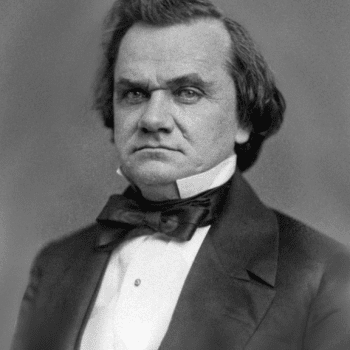
Pope Francis has changed the teaching of the Roman Catholic Church on capital punishment. The church has always before upheld the right of the state to execute criminals. In fact, the church of Rome often practiced capital punishment, with the co-operation of the “secular arm” (for example, John Hus, the victims of the Inquisition’s auto-da-fe, and the Lutheran martyrs).
More lately, especially with the pro-life movement and the “consistent life ethic,” Catholics have argued that all life is sacred, so that neither unborn children nor depraved murderers should be executed. Church teaching has been that although the state has the authority to execute criminals, they should not, except in very rare circumstances, do so.
But now Pope Francis has ruled that the death penalty is never appropriate. He has ordered that the official catechism be changed, so that it describes capital punishment as “an attack on the inviolability and dignity of the person.”
This would appear to go against what the Bible says. The key text on the death penalty is not in the superseded Levitical law, but in the covenant with Noah, which would seem to apply not just to the Jews but to the whole human race:
“Whoever sheds the blood of man,
by man shall his blood be shed,
for God made man in his own image. (Genesis 9:6)
Far from denying that life is sacred, or attacking the “inviolability and dignity of the person,” the death penalty is prescribed because life is sacred. “For God made man in his own image.” The Imago Dei is the basis of the inviolability and dignity of the person, which means that violating or deriding or murdering a human being is an assault against God Himself. The person who sheds the blood of an image-bearer of God must therefore have his own blood shed, not just in God’s judgment but “by man.”
And if Roman law did not provide for the death penalty, I suppose we would still be in our sins. I don’t think sentencing Jesus to life in prison without parole would have saved us. The death penalty in the Bible is illustrative of the principle that “the wages of sin is death” (Romans 6:23). Our sins are why we die. Our sins are the basis of the eternal death in Hell. When Christ “bore our sins in his body on the tree” of execution (1 Peter 2:4), all of those sins deserved death, a penalty that He took in our place.
I assume the Church of Rome still upholds those teachings. You can say that God has the right to carry out the death penalty, even though the state does not. And, yet, if such punishment is inherently unjust, wouldn’t that imply that God is unjust? Besides, if God does has the right to punish evildoers with death, isn’t that what He is doing by means of the vocation of the lawful magistrates who “bear the sword” (Romans 13:4)?
But there is another aspect of the Pope’s ruling that interests me. Normally, Popes work with the principle that teachings of the past may not change or be contradicted. So, when it seems necessary to modify some of those teachings, they are still affirmed, but interpreted in such a way that a new teaching or practice can emerge from them. This is called “saving the appearances.”
Thus, again, the church’s previous teaching that while the state does have the right to put criminals to death, because of the possibility of errors and to retain the possibility of the criminal’s redemption, it should not do so. That is a reasonable position, and one that many Christians adhere to.
But Pope Francis seems to have gone much further, rejecting the death penalty altogether in all circumstances. He wasn’t speaking ex cathedra, which if he had been would make him infallible according to Catholic doctrine, but he was certainly throwing his weight around in repudiating centuries of practice.
If Pope Francis is willing to change this particular teaching–without worrying about precedents, theological study, or saving the appearances–what other teachings might he change?
Illustration by kalhh via Pixabay, CC0, Creative Commons


















